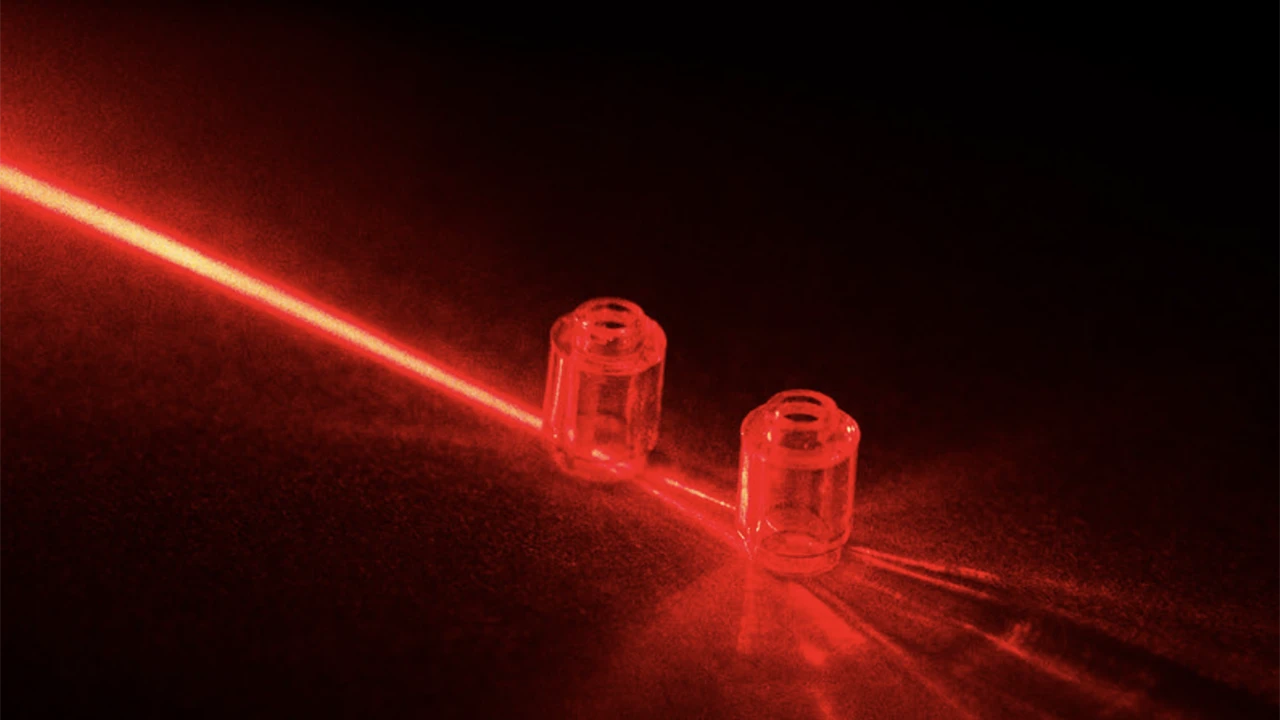
Image by Martin Kenny, from Flickr
World’s First Laser Weapon System Against Drones
Dubbed the “Star Wars Project“, South Korea plans to deploy laser weapons to counter drones from North Korea. Authorities highlight that laser weapons are quiet, invisible, effective, and cost-efficient. While some experts question the effectiveness against large-scale drone attacks, this technology marks a significant step forward for laser weapons and defense strategies.
South Korea is poised to become the world’s first country to deploy laser weapons in the military as early as this year (Reuters). Their program involves mass production of a low-cost laser weapon called Block-I (costing around $1.50 per shot), effective against small drones at close range. According to the procurement organization, the laser weapon will be invisible and silent, operating solely on electricity without the need for additional ammunition. The laser is expected to melt the drone’s body and fry its internal electronics (Aljazeera).
Block-I will see its deployment by the end of 2024 with plans for more systems in the future. Additionally, South Korea’s Defense Acquisition Program Administration (DAPA) is developing a more powerful Block-II system with improved range and output, although its deployment date remains undisclosed (CNN).
AP reports that some experts have questioned the technology. Lee Illwoo, an expert with the Korea Defense Network in South Korea, expressed doubts about the effectiveness of South Korea’s laser weapons, citing the inadequacy of the country’s anti-air radar systems to detect North Korean drones accurately. He also noted that the range of laser weapons is relatively short and suggested that high-power microwave weapons might be more effective when dealing with large numbers of enemy drones simultaneously.
The Block-I system itself has yet to be used in real-world scenarios. However, its development comes amidst the growing prevalence of cheap drones on active battlefields around the world, from the war in Ukraine to Israel’s conflicts in Gaza and Lebanon (Aljazeera).


 Previous Story
Previous Story

 Latest articles
Latest articles 

Leave a Comment
Cancel